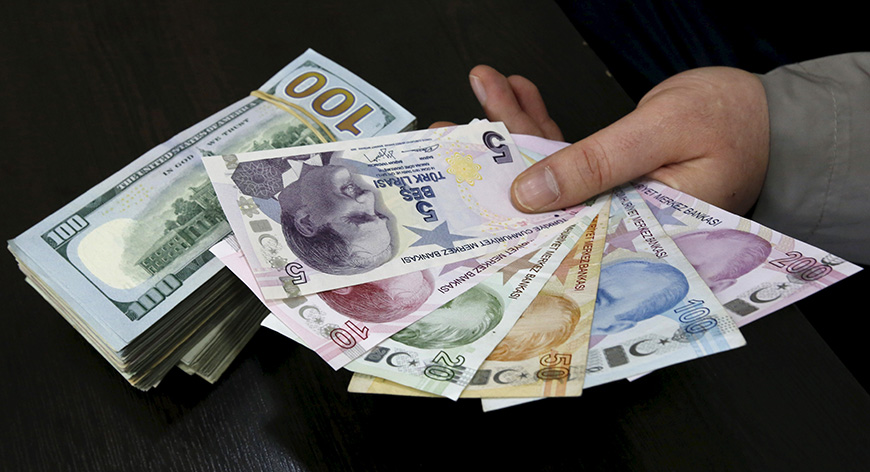- Experts Expect no Changes as CBN’s MPC Meets
Industry experts have said the Monetary Policy Committee of the Central Bank of Nigeria will be expected to leave key rates unchanged at the end of its two-day meeting starting on Monday (today).
The MPC had, at the end of its last meeting in January, retained the Monetary Policy Rate (benchmark interest rate), Cash Reserves Ratio and Liquidity Ratio at 14 per cent, 22.5 per cent and 30 per cent, respectively.
The Chief Executive Officer, Financial Derivatives Company Limited, Bismarck Rewane, said an audacious thing to do would be to reduce the interest rate.
He said, “My projection is that they will do nothing; they will just wait and see. If I was there, I would get the interest rate down by one per cent, bring the CRR down by two per cent and putting more money into the foreign exchange market. That will be a major catalyst for economic activities.
“However, I think the prudent and safe thing that we should expect is that there will be no change for now. Bringing down interest rate has a risk element.”
He said the recent increase in the nation’s oil production and price rally had helped to improve the state of the economy, adding, “Nobody should take credit for what is happening.”
The nation’s foreign exchange reserves, which hit a low of $23.89bn on October 19, 2016, stood at $30.3bn last Thursday, latest data from the CBN showed on Sunday.
The nation’s inflation, which had climbed to 18.72 per cent in January, fell for the first time in 15 months to 17.78 per cent in February.
The Chief Executive Officer, Cowry Asset Management Limited, Mr. Johnson Chukwu, said, “I don’t expect the MPC to adjust the rates because the monetary authority will not want to inject naira liquidity into the economy at this point when they are succeeding in stabilising the naira exchange rate.”
He said a downward adjustment of rates, either the MPR or the CRR, would lead to an injection of naira liquidity into the economy, adding that this would drive up demand for foreign exchange possibly to a level that the central bank would be unable to meet.
“I do not expect the monetary authority to react to the decline in inflation in February at this particular meeting.
“That, we expect, will happen probably at the May meeting when inflation would have gone down further and at that point, the naira exchange rate would have been better stabilised.”
Meanwhile, economic management leaders from the CBN and the ministries of finance, budget and national planning as well as industry, trade and investment met in Abuja over the weekend to harmonise their policy perspectives.
Speaking at the opening of the two-day MPC retreat, the CBN Governor, Dr. Godwin Emefiele, stressed the need for the country’s monetary and fiscal authorities to collaborate and harmonise standpoints so as to develop the economy rapidly.
He said the retreat came at a period when the country faced serious economic challenges, adding that finding a sustainable solution required a broadened participation of colleagues from the fiscal side.

 Forex2 weeks ago
Forex2 weeks ago


 Naira2 weeks ago
Naira2 weeks ago
 Naira4 weeks ago
Naira4 weeks ago
 Company News4 weeks ago
Company News4 weeks ago
 Billionaire Watch1 week ago
Billionaire Watch1 week ago




 Naira2 weeks ago
Naira2 weeks ago




 Naira4 weeks ago
Naira4 weeks ago




 Naira1 week ago
Naira1 week ago






















